13, Jul 2023
Trucks 2025: A Comprehensive Guide To The Future Of Transportation
Trucks 2025: A Comprehensive Guide to the Future of Transportation
Related Articles: Trucks 2025: A Comprehensive Guide to the Future of Transportation
- Does The Marvels Take Place In 2025? Exploring The Timeline Of The MCU
- 2025 85: A Comprehensive Guide To The Sort Code
- Martin Luther King Jr Day 2024 2025 2026
- UA 25 Flight Status: Real-Time Updates And Travel Information
- The First Internal Combustion Engine In The World
Introduction
With great pleasure, we will explore the intriguing topic related to Trucks 2025: A Comprehensive Guide to the Future of Transportation. Let’s weave interesting information and offer fresh perspectives to the readers.
Table of Content
Video about Trucks 2025: A Comprehensive Guide to the Future of Transportation
Trucks 2025: A Comprehensive Guide to the Future of Transportation

Introduction
The transportation industry is undergoing a significant transformation, driven by technological advancements and the increasing demand for efficient and sustainable solutions. Trucks, the backbone of global supply chains, are at the forefront of this evolution, with new models emerging that offer enhanced capabilities and reduced environmental impact. This article delves into the world of trucks 2025, exploring their key features, benefits, and implications for the industry and society as a whole.
Key Trends Shaping Truck Innovation
Several key trends are shaping the development of trucks 2025:
- Electrification: The transition to electric vehicles (EVs) is gaining momentum in the truck sector, with manufacturers introducing battery-powered and hydrogen fuel cell-powered models.
- Autonomy: Autonomous driving technologies are rapidly advancing, with trucks 2025 expected to feature various levels of automation, from lane-keeping assist to fully autonomous operation.
- Connectivity: Trucks are becoming increasingly connected, enabling real-time data sharing, remote diagnostics, and predictive maintenance.
- Sustainability: Environmental concerns are driving the development of trucks with reduced emissions and improved fuel efficiency.
Features of Trucks 2025
Trucks 2025 will incorporate a range of advanced features that enhance their performance, efficiency, and safety:
- Electric and Hybrid Powertrains: Electric and hybrid powertrains will become more prevalent, offering zero-emission or reduced-emission operation.
- Autonomous Driving Systems: Trucks 2025 will feature autonomous driving systems that enable hands-free operation in certain conditions, reducing driver fatigue and improving safety.
- Advanced Safety Technologies: Trucks 2025 will be equipped with advanced safety technologies such as collision avoidance systems, lane departure warnings, and adaptive cruise control.
- Connected Telematics: Telematics systems will provide real-time data on truck performance, fuel consumption, and maintenance needs, enabling fleet managers to optimize operations.
- Aerodynamic Designs: Improved aerodynamic designs will reduce drag and enhance fuel efficiency.
Benefits of Trucks 2025
Trucks 2025 offer numerous benefits to businesses and society:
- Reduced Operating Costs: Electric and hybrid trucks can significantly reduce fuel costs, while autonomous driving systems can optimize routing and reduce labor costs.
- Improved Safety: Advanced safety technologies can prevent accidents and reduce fatalities.
- Increased Efficiency: Connected telematics and autonomous driving systems can enhance fleet efficiency and optimize vehicle utilization.
- Reduced Environmental Impact: Electric and hybrid trucks eliminate or reduce tailpipe emissions, contributing to cleaner air quality.
- Increased Productivity: Autonomous driving systems can free up drivers to focus on other tasks, such as managing logistics or providing customer service.
Implications for the Industry and Society
The advent of trucks 2025 has far-reaching implications for the transportation industry and society:
- Job Displacement: Autonomous driving technologies may lead to job displacement for truck drivers, necessitating workforce retraining and redeployment.
- New Business Models: Connected telematics and autonomous driving systems will create opportunities for new business models and services in the transportation sector.
- Increased Mobility: Autonomous trucks can provide transportation services to underserved areas and improve access to goods and services.
- Reduced Traffic Congestion: Autonomous driving systems can optimize traffic flow and reduce congestion, improving overall transportation efficiency.
- Sustainability: The transition to electric and hybrid trucks will contribute to reducing greenhouse gas emissions and improving air quality.
Conclusion
Trucks 2025 represent a significant leap forward in the evolution of transportation. These advanced vehicles offer a host of benefits, including reduced operating costs, improved safety, increased efficiency, reduced environmental impact, and increased productivity. As the transportation industry embraces these new technologies, we can expect a more sustainable, efficient, and safer transportation system that will shape the future of commerce and society.

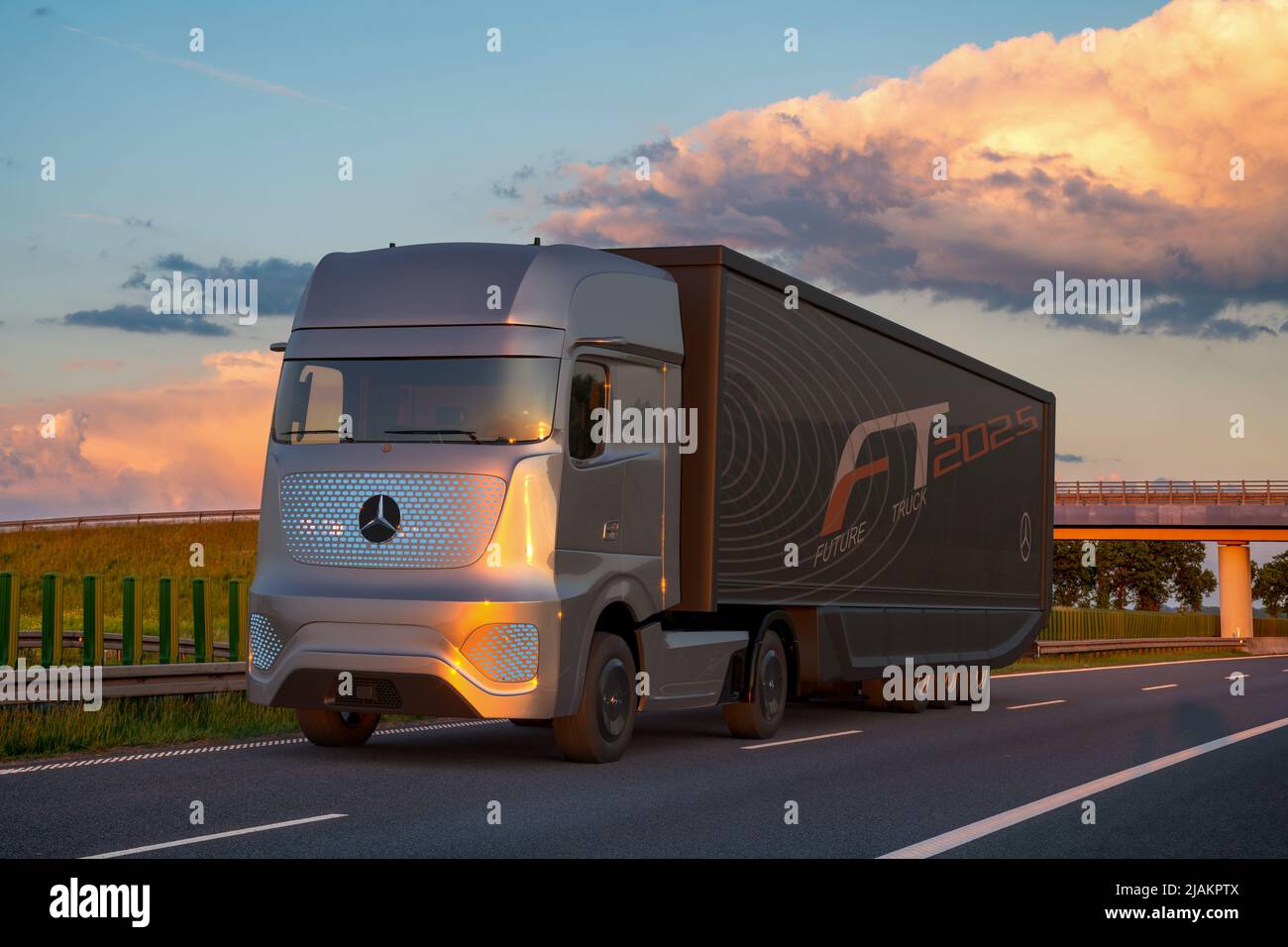


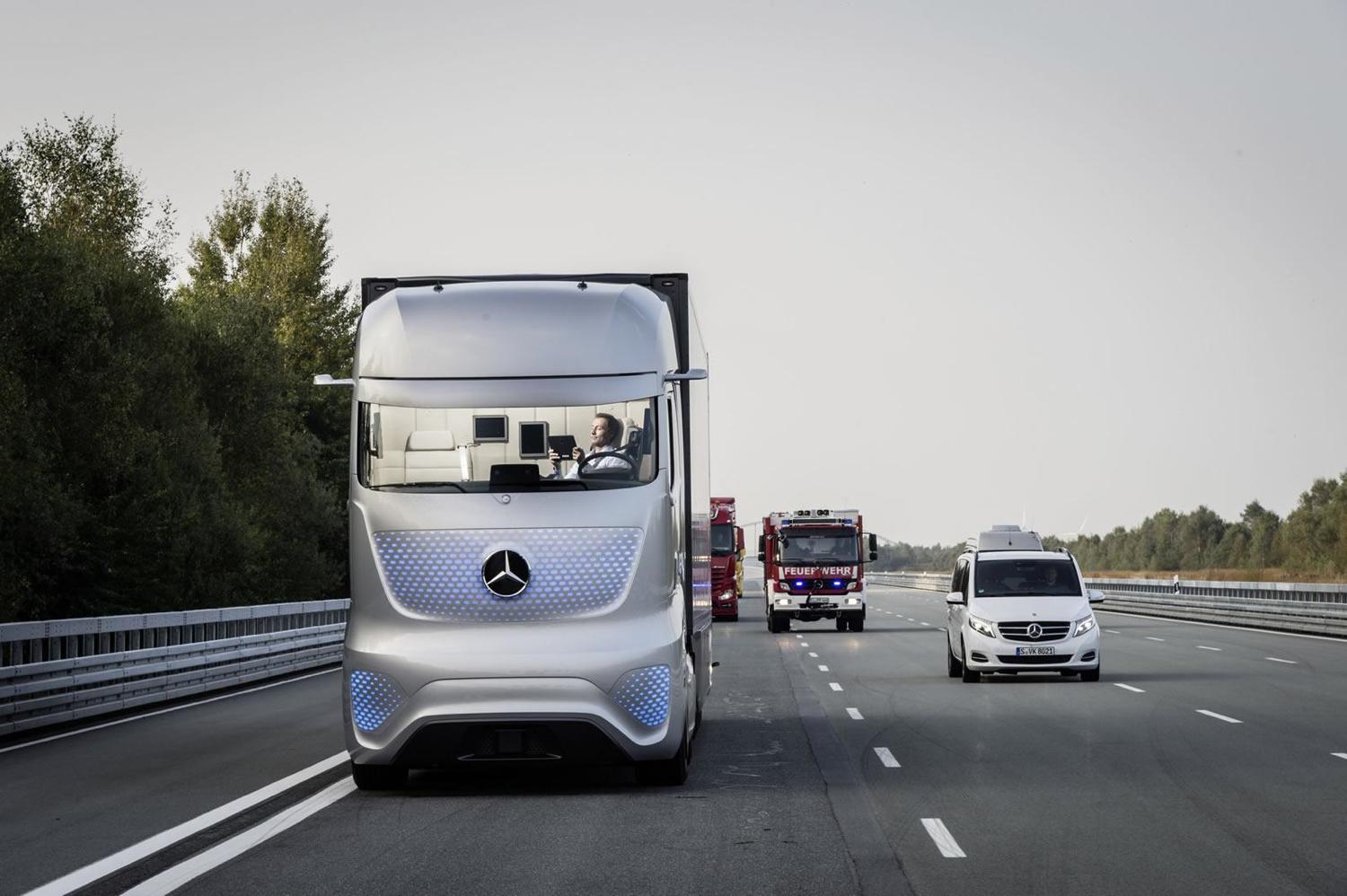
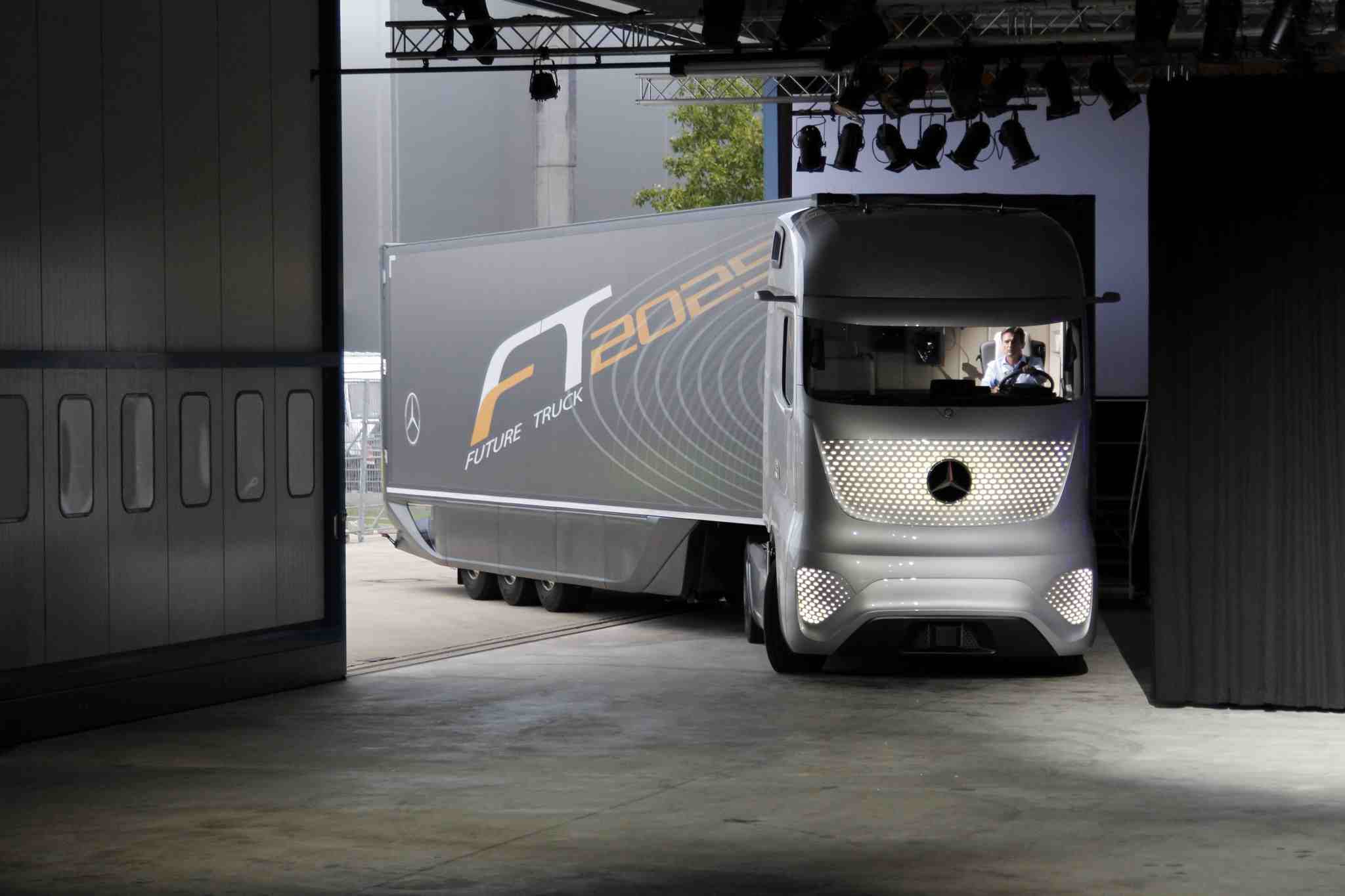
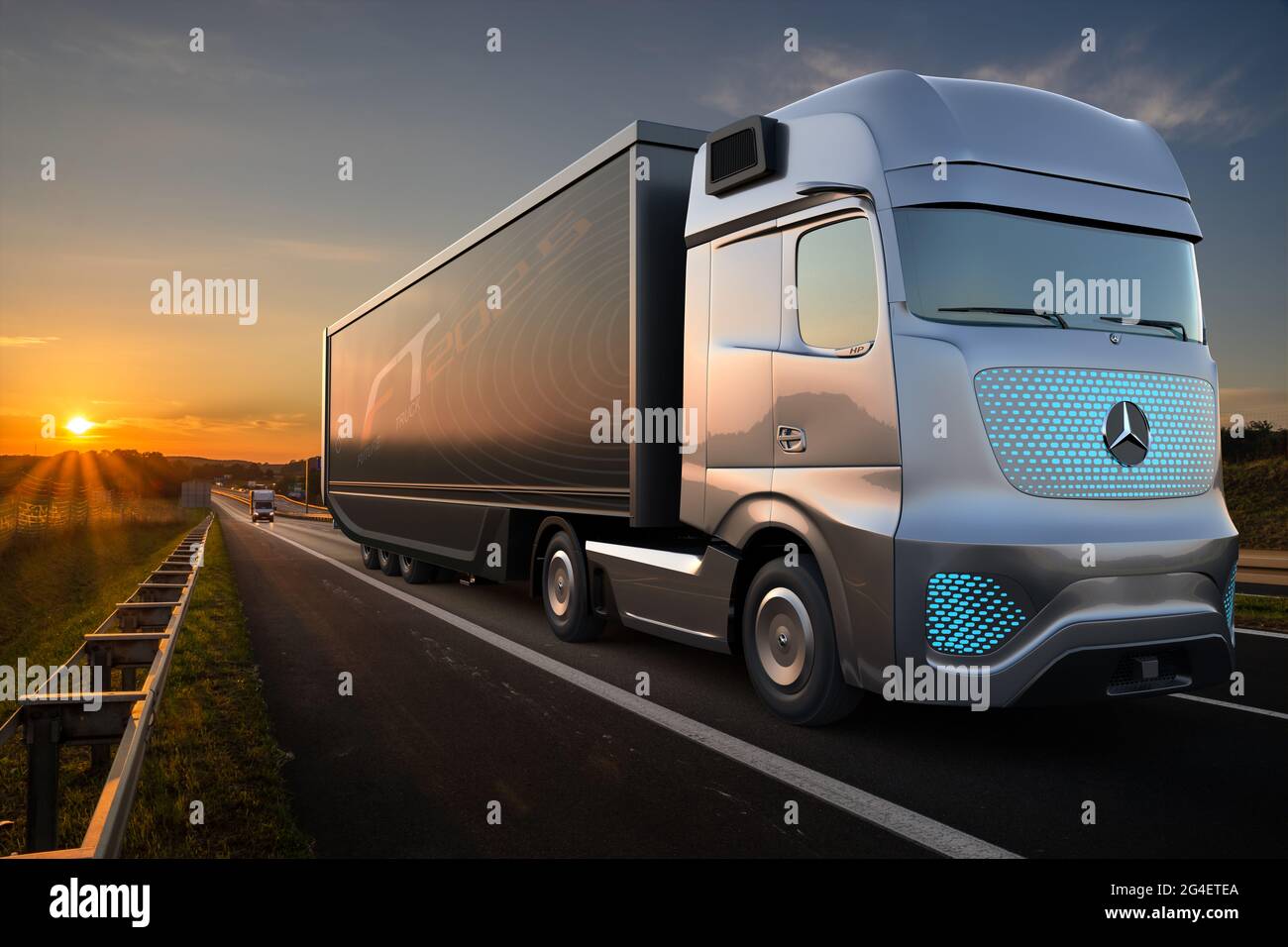
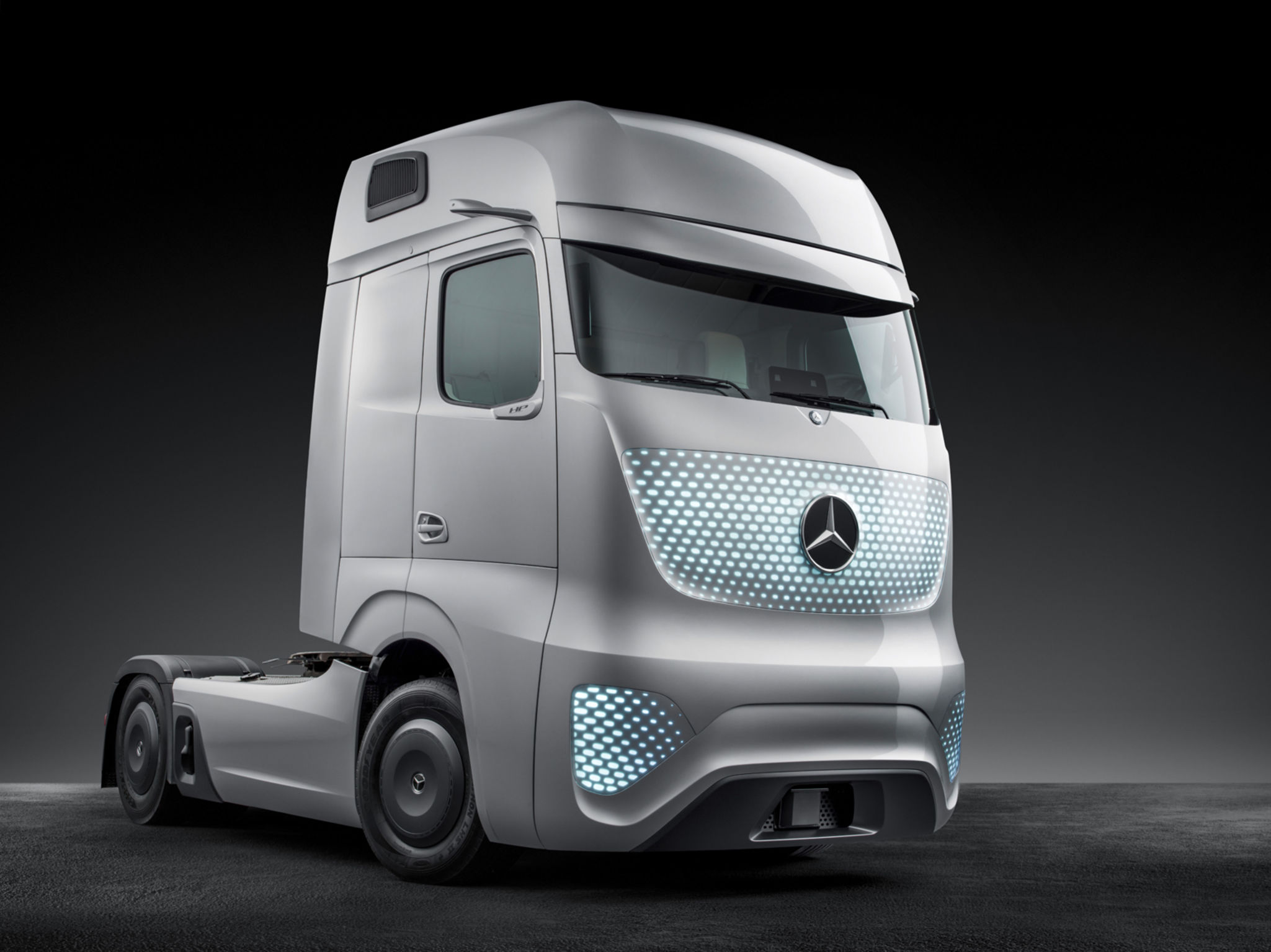
Closure
Thus, we hope this article has provided valuable insights into Trucks 2025: A Comprehensive Guide to the Future of Transportation. We thank you for taking the time to read this article. See you in our next article!
- 0
- By admin